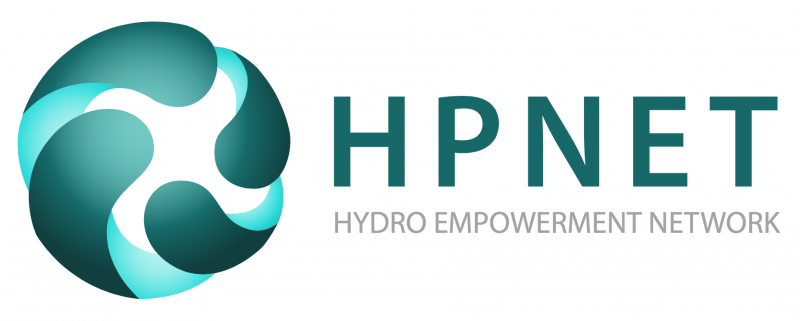In Trelew, Chubut, the students from the local Technical School have installed a new wind-solar hybrid system, capable of providing opportunity for energy self-sufficiency in the rural community.
The recording of the latest HPNET Webinar is now online!
Our partner HPNET hold a webinar on 17 September as part of the Mini-Grids Webinar Series 2019. This was the third part of the series and this edition is was all about the very crucial part mini-grid energy projects: financial sustainability. Under the title “Mini-Grid Sustainability: Transitioning to Social Enterprise for Energy and Economic Development” three invited speakers gave insights from their experiences and shared their knowledge in this webinar. Watch the recording here!
Speakers:
Risha Piya: Program Specialist at Winrock International Nepal
Ayu Abdullah: Co-Founder and Regional Director for Southeast Asia at Energy Action Partners
Iskander Kuntoadji: Founder of IBEKA, the People Centered Business and Economic Institute Indonesia
Context:
Collective research and hindsight within the Hydro Empowerment Network reveal that the long-term sustainability and impact of hydro mini-grids is dependent on how well the project is run as a viable and inclusive enterprise. This webinar featured mini-grids practitioners in South and Southeast Asia who are leading the transition from grant-dependent to enterprise-based micro and mini hydropower projects. The webinar was in particular highlighting the following points:
- The linkage between enterprise-based approaches and long-lived hydro mini-grids;
- Best practices to transition from grant dependent to local social enterprise models, based on micro hydro experience in Nepal, Malaysia and Indonesia;
- Solutions to scale their efforts to more micro hydro communities, including how to make better use of funding resources that currently go toward grant-dependent projects.
- Grant and subsidy dependent projects often lead to projects with poor load factors and therefore inadequate revenue generation to enable long-term financial sustainability.
- Ownership models of grant-dependent projects tend to be inclusive but typically are not conducive for enterprise development, simply because user-based groups funded by grants were not required to perceive the need or knowhow to establish financial sustainability.
- While self-financed enterprise-driven projects have strong financial viability, they require more time to develop inclusive affordability and equitable benefits among factions of the community.
- To achieve both revenue-driven and equitable hydro mini-grids, a transition is needed toward local social enterprise, brining economic value-add to the mini-grid, village enterprises, local social services, and households.
- A high impact end use for value-add of electricity is local agriculture and agri-processing; however tapping it requires energy practitioners to work with agri-value chain practitioners.



